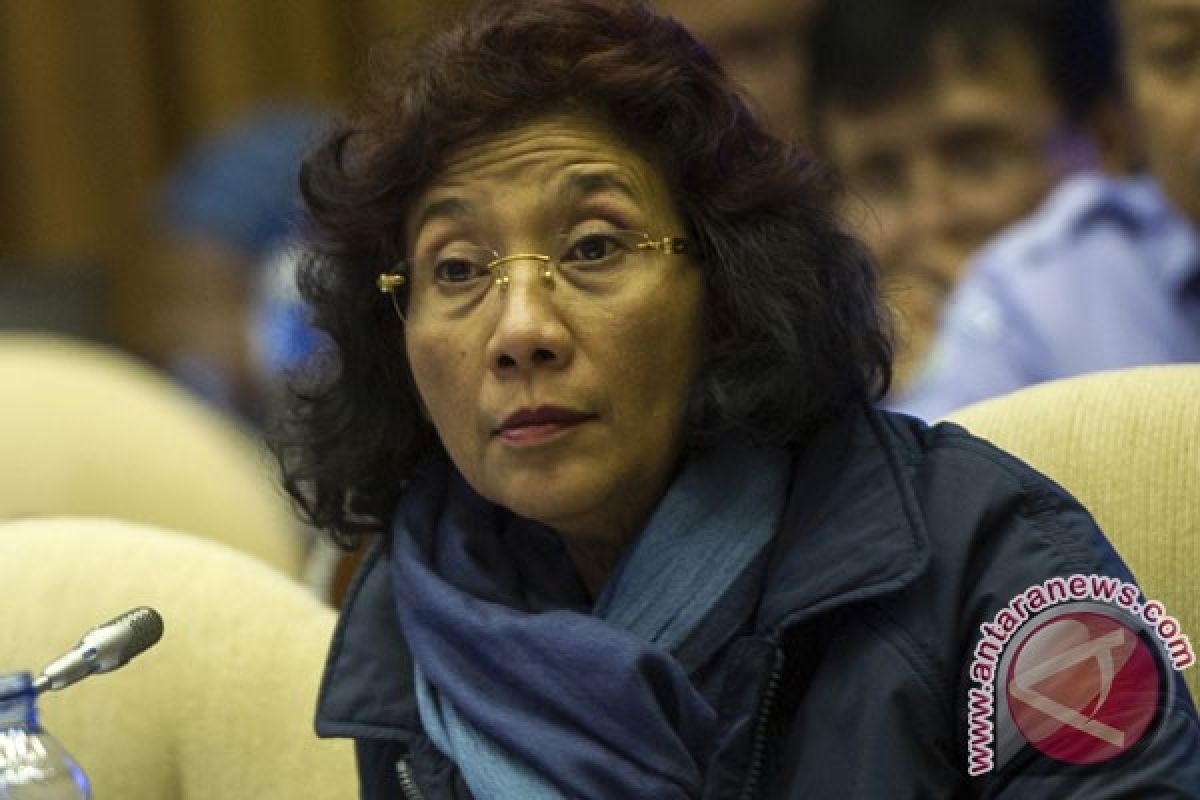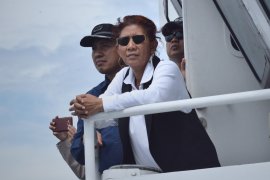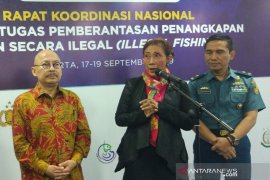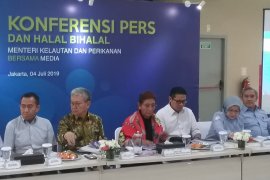There are fish processing plants with a utility rate of only two percent. This is a camouflage."Jakarta (ANTARA News) - Indonesia is optimistic that investors would not only exploit its resources but also help to build the country, Minister of Fishery and Marine Resources Susi Pudjiastuti stated here on Tuesday.
"We need investors who are ready to build Indonesia," she affirmed.
In view of that, she noted that the investors should not just use Indonesia as a mere stepping stone, especially those exploiting the countrys resources.
Susi stated that she did not want investors in the marine and fishery sector to only build fish processing plants as a mere "camouflage" for securing fishing permits.
"There are fish processing plants with a utility rate of only two percent. This is a camouflage," she remarked.
The management of the fishery sector in Indonesia is expected to follow the systems used in two Scandinavian countries such as Sweden and Finland. The two countries are known for their dependence on fishery products.
"Sweden and Finland are two European countries whose economies rely on the fishery sector," Shinta Widjaja Kamdani, the deputy general chairperson of the Indonesian Chamber of Commerce and Industry for environment, climate change and sustainable development, noted.
She said the two countries are fully aware of their sea potentials in the four-season regions such as Europe, which is home to various types of fish known for their high price, including salmon.
In view of that, the two countries identify the need to regulate exploitation to prevent extinction, she emphasized.
"Our country has more sea resources, but it does not mean we will automatically be able to exploit them forever unless attention is given to ensure their sustainability through the implementation of development strategies," she pointed out.
Abdul Halim, the secretary general of the People Coalition for Fishery Justice, said the Indonesian government needs to take a cue from Sweden with regard to managing the current dynamics before fully implementing a ban on fishing equipment considered harmful for the environment.
He remarked that Sweden has made preparations since the 1980s before fully implementing the ban in the 2000s.
He stated that the country also has the fortitude and is able to implement a quota system for each of its fishermen. He further added that Indonesia has, so far, implemented a limit based on various considerations such as the size of fishing vessels.
He said the imposition of a six-month transitional period before the ban on the use of various types of fishing equipment such as trawls by fishermen in several regions will be difficult to realize except for large-scale fishing companies.
"In view of that, the Ministry of Marine and Fishery Resources, in cooperation with the local fishery and marine services, must be involved in facilitating its implementation," he added.
(Reporting by Muhammad Razi Rahman/Uu.H-YH/INE/KR-BSR/A014)
Editor: Priyambodo RH
Copyright © ANTARA 2015












